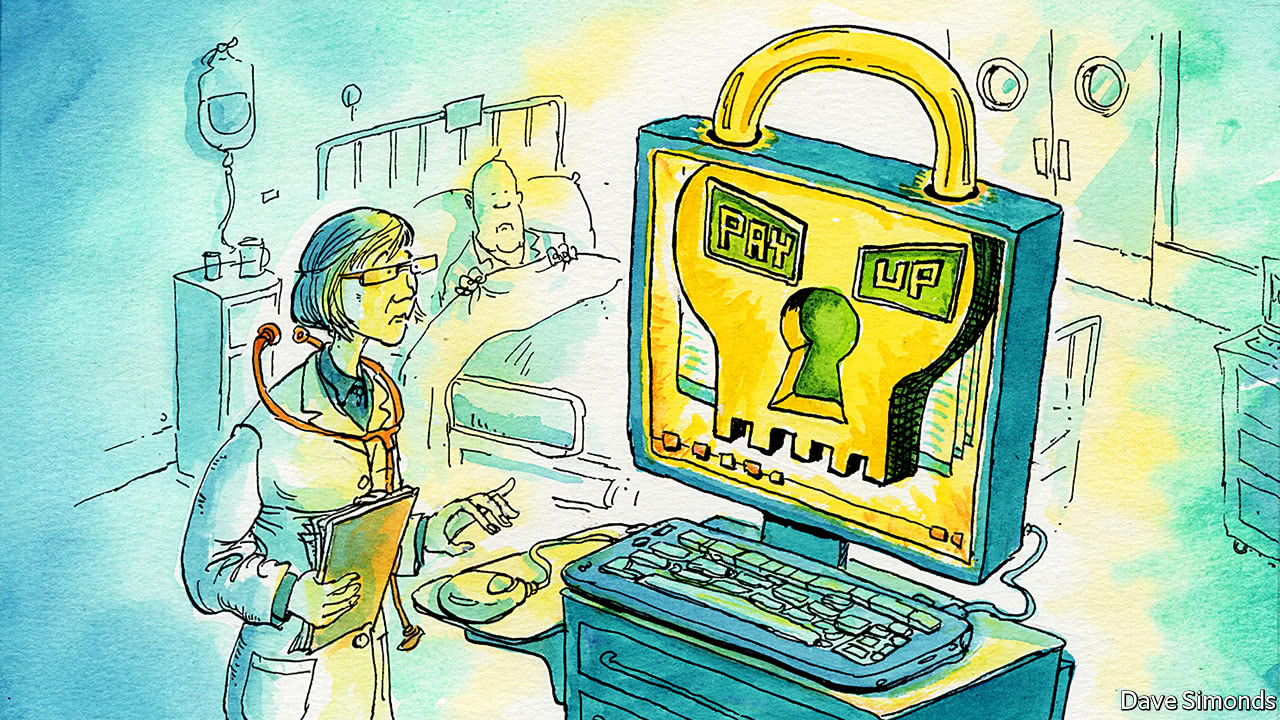WannaCry should make people treat cyber-crime seriously
IN 1933 Britain’s parliament was considering the Banditry bill—the government’s response to a crime wave. The problem was that criminals were using a newfangled invention, the motor car, to carry out robberies faster than the police could respond. The bill’s proposed answer to these “smash-and-grab” raids was to create new powers to search cars and to construct road blocks.
In the end, the Banditry bill was not enacted. Its powers were too controversial. But the problem did not go away; what the bill proposed was eventually permitted, and now seems normal. Since then, the technology of theft has not stood still. Indeed, just as in the 1930s, it remains one step ahead of the authorities.
On May 12th, for instance, security companies noticed that a piece of malicious software known as WannaCry was spreading across the internet, first in Britain and Spain, and then around the world. It would reach 230,000 computers in 48 hours, an unprecedented scale of infection…Continue reading
Source: Economist





